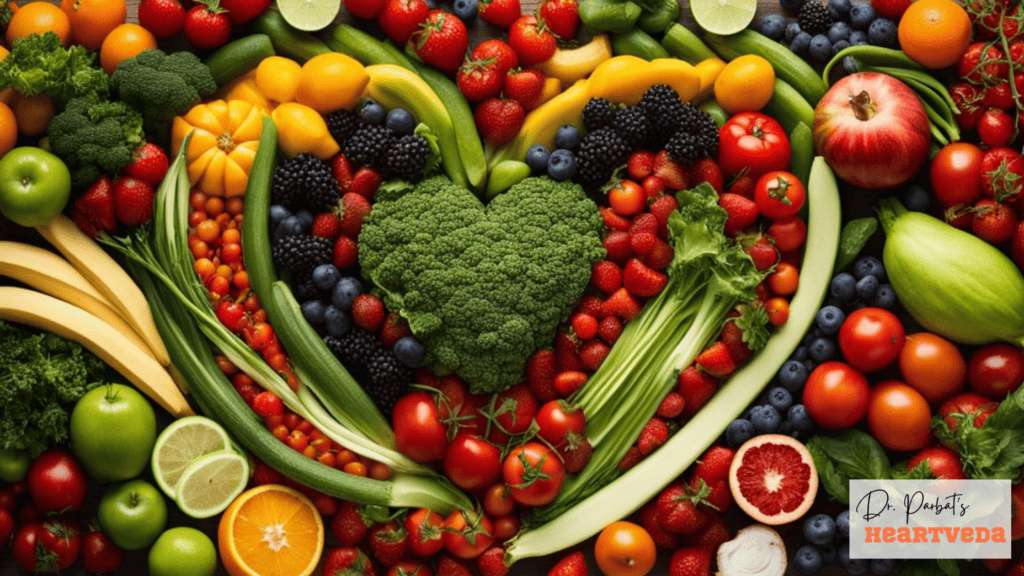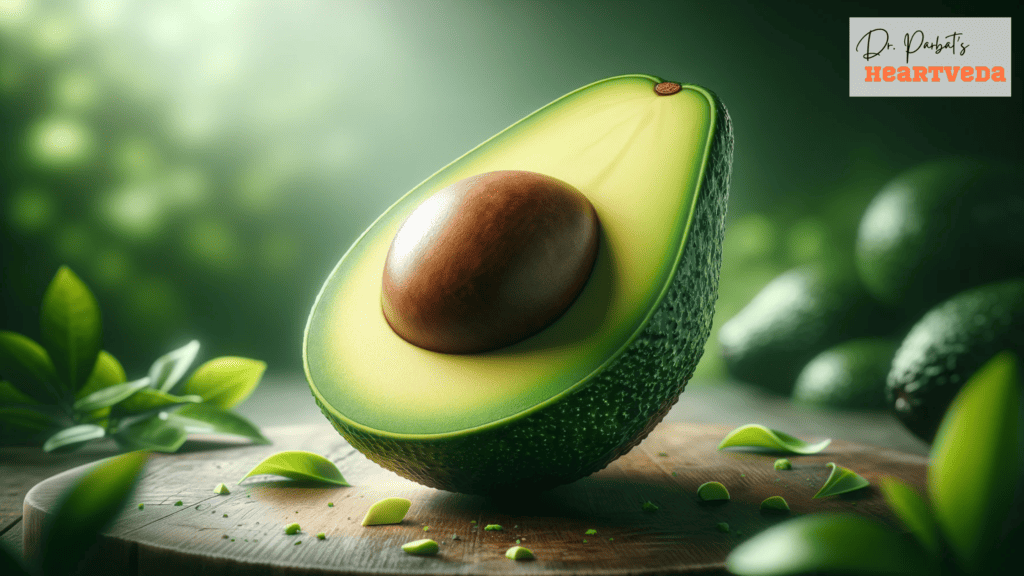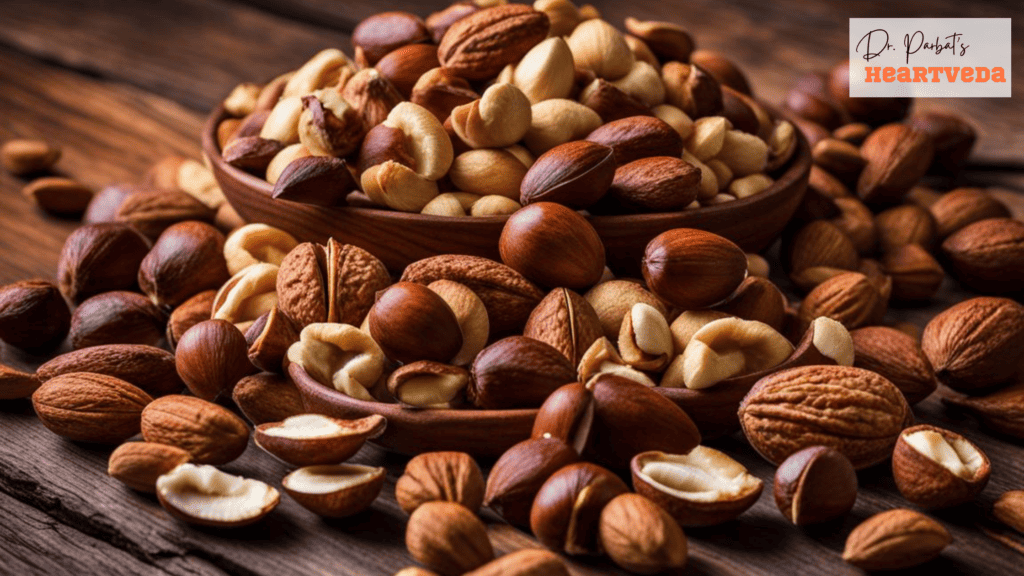
Cholesterol is a fatty substance that can contribute to health conditions such as heart attack and stroke. To help manage cholesterol levels, it’s important to focus on a heart-healthy diet. This article will provide a comprehensive list of foods that are free of cholesterol, allowing you to enjoy a nutritious and cholesterol-friendly diet plan. Incorporating these cholesterol-free foods into your meals can help lower your LDL levels and promote overall heart health.
Legumes: A Cholesterol-Free Powerhouse
When it comes to maintaining a low cholesterol diet, legumes are a powerhouse worth incorporating into your meals. Legumes encompass a diverse range of beans, peas, and lentils, all of which offer numerous health benefits. Not only are legumes cholesterol-free, but they also provide an excellent source of protein, fiber, and essential nutrients.
Studies have shown that incorporating legumes into your diet can effectively lower LDL cholesterol levels and reduce the risk of obesity, diabetes, and high blood pressure. By replacing refined grains and processed meats with legumes in dishes such as salads, chili, and pastas, you can enjoy not only delicious meals but also reap the cholesterol-lowering benefits that legumes provide.
| Types of Legumes | Key Benefits |
|---|---|
| Beans | Rich in fiber, protein, and minerals |
| Peas | High source of vitamins and antioxidants |
| Lentils | Provides high levels of protein and iron |
With their cholesterol-friendly properties and nutritional value, legumes offer a flavorful and versatile addition to any meal plan. So why not savor the deliciousness of legumes while also taking care of your heart?
Avocados: Good Fats for a Healthy Heart
Avocados are a rich source of monounsaturated fats, making them an excellent addition to your heart-healthy diet. These good fats are known to help lower LDL cholesterol levels, also known as bad cholesterol, while raising HDL cholesterol levels, which is the good cholesterol your body needs.
Research has shown that incorporating avocados into your diet can have a positive effect on cardiovascular health, reducing the risk of heart disease. In fact, a study published in the Journal of the American Heart Association found that consuming one avocado a day led to decreased levels of LDL cholesterol in overweight and obese adults.
But avocados don’t just help lower bad cholesterol; they may also help improve your overall cholesterol profile. Studies have found that avocados can result in lower total cholesterol levels, which is beneficial for maintaining a healthy heart.
To enjoy the cholesterol-friendly benefits of avocados, incorporate them into your meals and snacks. Here are a few delicious ways to include avocados in your diet:
- Top your salads with sliced avocados to add creaminess and healthy fats.
- Make a guacamole dip with avocados, lime juice, diced tomatoes, and onions.
- Spread mashed avocado on whole grain toast for a satisfying and heart-healthy breakfast.
Avocados are not only nutritious but also versatile, making them a great addition to any meal. With their cholesterol-lowering properties and delicious taste, avocados are a fantastic choice for a heart-healthy diet.
Avocado Nutritional Information
| Nutrient | Amount per 100g |
|---|---|
| Calories | 160 |
| Total Fat | 15g |
| Saturated Fat | 2.1g |
| Monounsaturated Fat | 9.8g |
| Polyunsaturated Fat | 1.8g |
| Carbohydrates | 9g |
| Fiber | 7g |
| Protein | 2g |
| Potassium | 485mg |

Nuts: Power-Packed Cholesterol-Lowering Snacks
When it comes to incorporating heart-healthy food choices into your cholesterol-lowering diet, nuts are definitely worth cracking open. Not only are they incredibly delicious, but they also offer a host of benefits for your cardiovascular health.
Nuts such as walnuts, almonds, cashews, peanuts, and pistachios are packed with nutrients that contribute to lowering LDL cholesterol levels. These crunchy treats are rich in unsaturated fats, fiber, and plant sterols, all of which work together to promote heart health.
Research has shown that adding nuts to your daily diet can lower the risk of cardiovascular disease and help reduce LDL cholesterol and triglyceride levels. In fact, a study published in the New England Journal of Medicine found that individuals who consumed nuts regularly had a 28% reduced risk of heart disease.
Including a serving of nuts as a snack in your cholesterol-lowering diet plan is a smart choice. Not only are they satisfying and delicious, but they also provide a great source of healthy fats and essential nutrients to support overall heart health.
So, the next time you’re feeling peckish, reach for a handful of nuts. Whether you prefer the earthy taste of walnuts, the creamy texture of almonds, or the salty crunch of pistachios, incorporating these power-packed snacks into your diet can help you achieve a healthier heart.

| Nut Type | Cholesterol (mg) | Unsaturated Fat (g) | Fiber (g) |
|---|---|---|---|
| Walnuts (1 oz) | 0 | 13 | 2 |
| Almonds (1 oz) | 0 | 14 | 3.5 |
| Cashews (1 oz) | 0 | 13 | 1 |
| Peanuts (1 oz) | 0 | 14 | 2.5 |
| Pistachios (1 oz) | 0 | 12 | 3 |
Fatty Fish: Omega-3 for a Healthy Heart
When it comes to maintaining a cholesterol-lowering diet, incorporating fatty fish into your meals can be a game-changer. Fatty fish, such as salmon and mackerel, are not only delicious but also rich in omega-3 fatty acids, which offer numerous health benefits for your heart.
Omega-3 fatty acids found in fatty fish have been shown to effectively lower LDL cholesterol levels. These essential fatty acids can also increase HDL cholesterol levels, commonly known as the “good” cholesterol, while reducing triglyceride levels. By including fatty fish in your diet, you can significantly lower the risk of cardiovascular diseases, such as heart attack and stroke.
Studies have found that regular consumption of fatty fish can even decrease the likelihood of developing metabolic syndrome, a cluster of conditions including high blood pressure and low HDL levels. By steaming or stewing fatty fish, you can preserve its nutritional value and enjoy the full benefits for your heart health.
Make it a point to include fatty fish, such as salmon and mackerel, in your cholesterol-friendly and heart-healthy diet plan. Not only will it add variety to your meals, but it will also provide you with a rich source of omega-3 fatty acids that can support your overall heart health.
Conclusion
Maintaining a cholesterol-free diet plan is essential for heart health. By incorporating plant-based foods without cholesterol into your meals, such as legumes like beans, peas, and lentils, heart-healthy avocados, cholesterol-lowering nuts, and omega-3-rich fatty fish, you can lower LDL cholesterol levels and promote a healthy heart.
It’s also important to include other heart-healthy food choices in your diet, such as whole grains, fruits, dark chocolate, garlic, soy, vegetables, tea, dark leafy greens, and extra virgin olive oil. These foods have been found to have cholesterol-lowering properties and contribute to overall heart health.
Embrace a nutritious lifestyle that focuses on these cholesterol-friendly foods to enjoy a heart-healthy diet that’s good for your heart and palate. By making these smart food choices, you can protect your cardiovascular health and reduce the risk of heart disease. Start incorporating these delicious and cholesterol-free options into your daily meals and take charge of your heart health today!
Key Takeaways:
- Swap out refined grains and processed meats with legumes, such as beans, peas, and lentils, which are excellent additions to a low cholesterol diet.
- Avocados are a rich source of monounsaturated fats, which help lower LDL cholesterol levels and raise HDL cholesterol levels.
- Nuts, such as walnuts, almonds, cashews, peanuts, and pistachios, are cholesterol-friendly and can lower LDL cholesterol and triglyceride levels.
- Fatty fish, like salmon and mackerel, are packed with omega-3 fatty acids that lower LDL cholesterol levels and reduce the risk of cardiovascular diseases.
- Incorporating plant-based foods like legumes, avocados, nuts, and fatty fish into your diet can improve heart health and promote a cholesterol-free diet plan.
